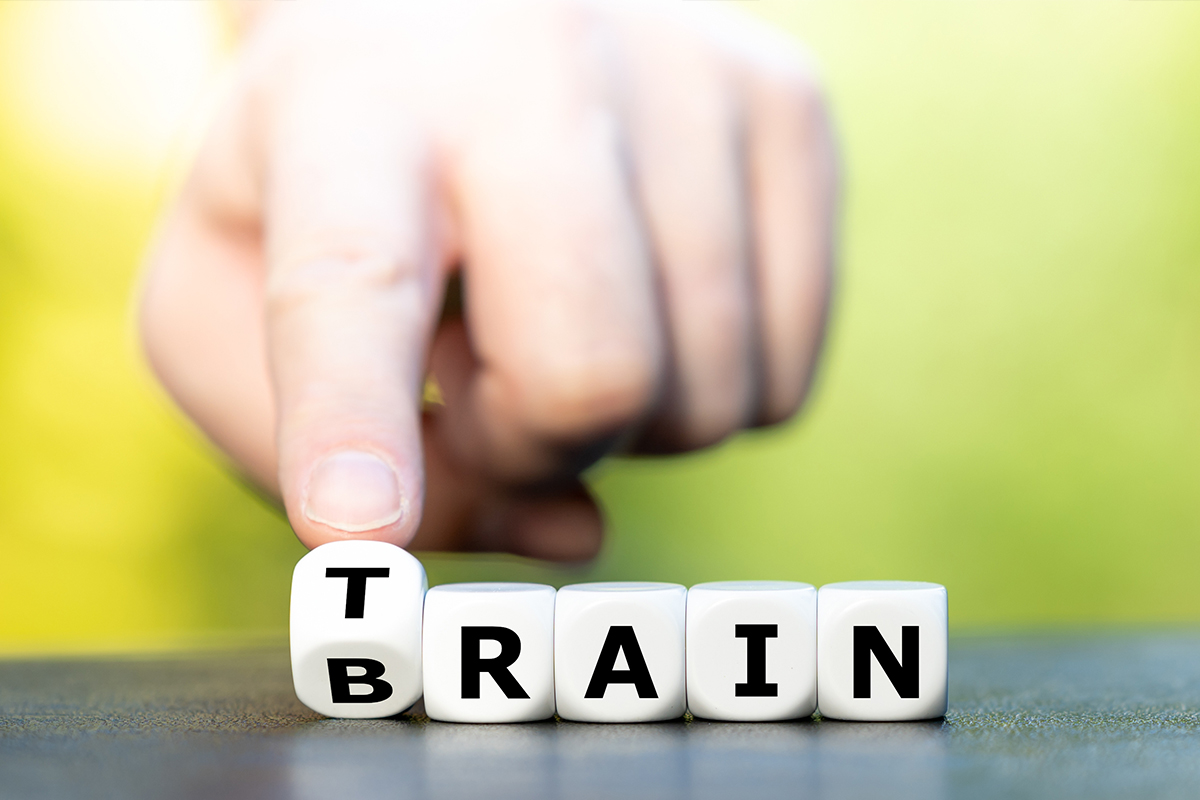
How Neurofeedback Treats Traumatic Brain Injury, Anxiety, Depression, And More
Imagine if you and your therapist could actually see what your mental illness looks like in your brain. What if you had a visual of your brain’s activity–circuitry and brainwaves–that interprets your symptoms? Taking it a step further, how empowering would it feel to change what you’re seeing to treat your condition and give you relief?
Neurofeedback treatment can do this. Through brain-mapping, neurofeedback technology identifies the brain’s areas of dysfunction and promotes self-regulation, allowing symptoms to be treated directly.
Here, we discuss how neurofeedback treats traumatic brain injury, anxiety, depression, and other conditions.
Traumatic Brain Injury & Concussions
Traumatic Brain Injury (TBI) is complicated and insidious. There are immediate symptoms like confusion, headaches, nausea, slurred speech, and drowsiness, but also long-term ones, such as impairments related to thinking or memory, movement, vision, hearing, or emotional functioning. According to the Centers for Disease Control (CDC), TBI is a major cause of death and disability in the U.S., which is why early intervention is so important.
The combination of neuropsychological evaluation and Quantitative Electroencephalogram (QEEG) assessment, and advanced neurofeedback machines can help you treat your symptoms and recover.
With TBI, especially concussions, an injury occurs in the brain, causing the dysregulation that triggers symptoms. Neurofeedback therapy works to stimulate and coax the brain into healing itself. The brain’s neuroplasticity–its ability to form new connections and pathways–can strengthen to help improve your concentration, decision-making, and emotional regulation.
Anxiety
Clinical anxiety is one of the most debilitating conditions that causes people to suffer by worrying excessively, constantly feeling stress, and worse, extreme fear and panic. Compounding it are physical symptoms, like sleep problems, muscle tension, nausea, palpitations, among others.
In fact, around 18% of people, ages 18-54 have an anxiety disorder in a given year.
Since the brain swings toward dysfunction, fortunately, it can be rebalanced. Neurofeedback retrains the brain using audio and visual feedback to place your brainwaves back in the desired range. Beta brainwaves are key because they measure anxious thoughts. They are high in people with anxiety disorders, but neurofeedback therapy gives you the ability to regulate them and ease your symptoms.
Depression
More than 17 million U.S. adults—over 7% of the population—had at least one major depressive episode in the past year. Anyone with depression knows how excruciating the symptoms are: suicidal thoughts, loss of interest in all activities, fatigue, sleep problems, feelings of low self-worth, fluctuations in appetite, and more.
There are variations of depression ranging from the more manageable to treatment-resistant, and neurofeedback treatment addresses both. Again, the foundation of neurofeedback is retraining the brain, and for people with depression, it decreases brain activity related to depressive emotions and increases activity associated with positive emotions.
Additional Conditions
Neurofeedback also treats Post Traumatic Stress Disorder (PTSD), Learning Disabilities, Attention Deficit Hyperactivity Disorder (ADHD), and migraines. It’s important to note how common comorbidities are among all the conditions we’ve discussed. For example, people with TBI may also suffer from depression, and Major Depressive Disorder and Generalized Anxiety Disorder often occur together.
The Cognitive Solutions LC Difference
We improve the quality of life for our patients with our therapeutic approach combined with cutting edge neurofeedback technology. We utilize the Low Energy Neurofeedback System (LENS) to mimic positive brainwaves to help the brain recalibrate to allay symptoms. We also use BrainAvatar by BrainMaster, an advanced neurofeedback device. BrainAvatar targets brainwaves related to sleep and relaxation and focus, motivation, and concentration, optimizing their functions. All of our neurofeedback treatments are non-invasive and the length of treatment depends on your individual needs.
We can provide more information, answer questions, and help decide what type of neurofeedback treatment options are right for you. Please contact us at (773) 755-1775 or email info@helpforld.com for more information.
Related Posts
Lesser Known Keys to Academic Success: Grit
Guest Blog Lesser Known Keys to Academic Success: Grit There are many...
Do synthetic food colors cause hyperactivity?
Critics blame the additives for triggering behavioral problems in youngsters...
Depression: Causes, Symptoms, and Treatment Part I
Depression: Causes, Symptoms, and Treatment - Part I of III Depression: What’s...
Adderall and Vyvanse — Are There Negatives to Taking Stimulant Medications?
Stimulant medications like Adderall and Vyvanse are commonly prescribed for...





